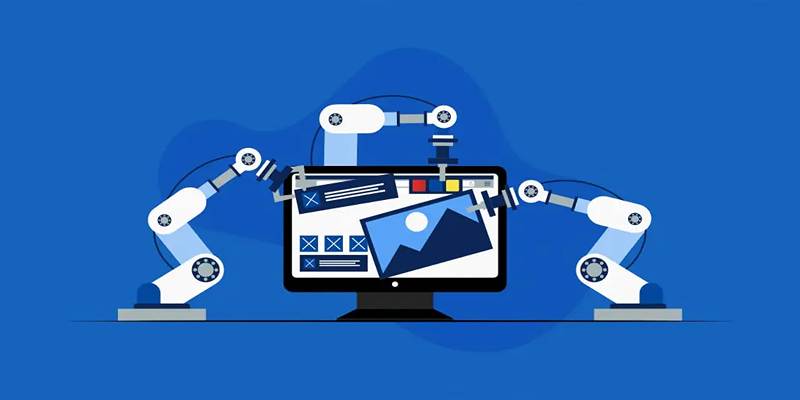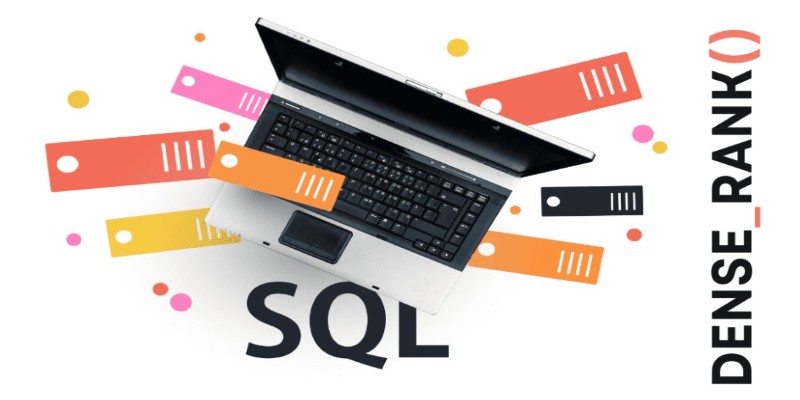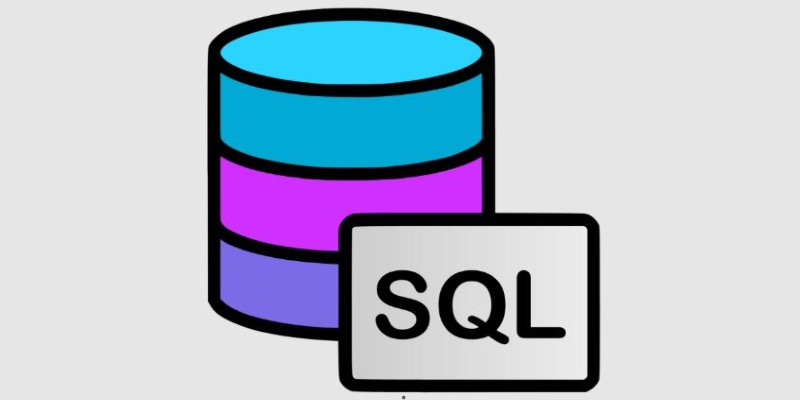In today’s digital world, businesses rely heavily on IT systems to keep operations running smoothly. However, managing these systems can be time-consuming and complex. That’s where Business AI (Artificial Intelligence) steps in. By using AI tools, companies can reduce the burden on IT teams, speed up tasks, and make better decisions. This post explores how Business AI helps increase IT efficiency, what tools are available, and the benefits companies can expect.
Understanding Business AI in the IT Context
Business AI refers to artificial intelligence technologies applied within business environments to solve operational challenges. When used in IT, these tools help manage systems, automate workflows, monitor performance, and support cybersecurity—all with minimal human input.
IT teams often face repetitive and time-sensitive tasks. These include handling support tickets, managing software updates, monitoring servers, and addressing security threats. Business AI steps in to optimize these functions, allowing IT professionals to focus on more strategic priorities.
The Growing Importance of IT Efficiency
Efficient IT operations form the backbone of successful digital enterprises. Delays in issue resolution or system outages can directly impact employee productivity and customer satisfaction. Therefore, increasing IT efficiency is no longer optional—it's essential.
Companies that embrace intelligent tools enjoy several advantages, such as:
- Faster service delivery
- Better uptime and system reliability
- Reduced manual workload
- Lower operational costs
- Improved employee morale within IT teams
Key Ways Business AI Boosts IT Efficiency
The adoption of Business AI transforms how IT departments operate. From automating tasks to providing actionable insights, here are the core areas where AI delivers value:
Automation of Repetitive IT Tasks

One of the most significant benefits of Business AI is its ability to automate time-consuming IT tasks. Tasks such as password resets, patch management, user provisioning, and performance checks can all be handled with little to no human involvement.
By automating these operations, businesses reduce the risk of errors while also speeding up response times. For instance, AI-based service desk solutions can automatically process support requests, assign tickets, or even resolve basic user queries.
Automation leads to:
- Fewer manual interventions
- Faster IT service delivery
- More time for IT staff to focus on critical tasks
Proactive Monitoring and Incident Response
Business AI tools excel in continuous system monitoring. Instead of waiting for something to go wrong, AI can detect irregular patterns and trigger alerts before issues escalate.
Advanced AI systems analyze real-time data to forecast server failures, identify unusual network activity, or flag slowdowns. This proactive approach reduces downtime and allows for faster resolution of incidents. In many cases, AI doesn’t just identify problems—it suggests or initiates solutions, reducing the mean time to resolution (MTTR).
Predictive Analytics for IT Planning
AI-powered predictive analytics help businesses make informed decisions about their IT infrastructure. By studying trends and historical data, these tools can predict when a system might need upgrades, maintenance, or scaling.
For example, if a company’s data usage is increasing rapidly, AI can recommend expanding cloud storage or improving bandwidth. This type of foresight reduces emergency fixes and enables better budgeting and planning.
Benefits of predictive analytics:
- Data-driven forecasting
- Improved resource allocation
- Long-term infrastructure planning
Enhanced Cybersecurity Capabilities
Cybersecurity is a critical component of IT management. Business AI strengthens digital security by identifying threats faster and with greater accuracy than traditional methods.
AI-based security systems use behavioral analysis to detect abnormal user activity, suspicious access patterns, or unauthorized data sharing. When threats are identified, these systems can automatically isolate affected components or alert security teams instantly.
AI improves security by:
- Spotting threats early
- Responding in real-time
- Continuously learning from new attack patterns
Real-World Examples of Business AI in IT
Several forward-thinking companies have already integrated Business AI into their IT ecosystems and reported measurable benefits.
- Telecom providers have deployed AI chatbots to resolve common connectivity issues, reducing support call volumes.
- Retail businesses use AI to monitor inventory management systems, alerting IT staff of potential database slowdowns or failures.
- Healthcare organizations benefit from AI-driven compliance tools that ensure medical data systems stay up-to-date with regulatory standards.
These examples highlight how Business AI brings practical value to various industries, no matter the size or complexity of their IT operations.
Selecting the Right AI Tools for IT Operations
While AI presents numerous benefits, the effectiveness of its implementation depends on selecting the right tools. Businesses must evaluate their specific needs, resources, and existing infrastructure before investing in AI systems.
Identifying Core IT Challenges

Organizations should begin by identifying where inefficiencies exist—whether in system monitoring, ticket management, or security protocols. Understanding these challenges will guide AI tool selection.
Compatibility with Current Systems
AI solutions should integrate seamlessly with existing IT software, cloud platforms, and communication tools. Compatibility ensures faster onboarding and fewer disruptions during deployment.
Vendor Support and Updates
The AI provider must offer consistent support, regular updates, and training resources. It ensures that the solution evolves with technological changes and continues delivering value.
Business Benefits Beyond IT Efficiency
Implementing Business AI does more than streamline IT tasks—it also contributes to broader business goals.
Long-term benefits include:
- Cost savings from reduced manual labor
- Greater innovation due to freed-up IT talent
- Improved user experience for internal staff and customers
- Enhanced data governance and compliance support
As AI matures, its potential applications across departments—HR, finance, marketing—grow stronger. But starting with IT provides a foundational use case that delivers fast, visible results.
Conclusion
Business AI has proven to be a valuable ally in the quest for greater IT efficiency. By automating tasks, detecting issues in real-time, and providing predictive insights, AI enhances the way IT departments function. For any organization seeking to reduce operational friction, strengthen security, and make smarter IT decisions, Business AI offers a clear and practical path forward. The future of efficient IT is not just digital—it’s intelligent.











